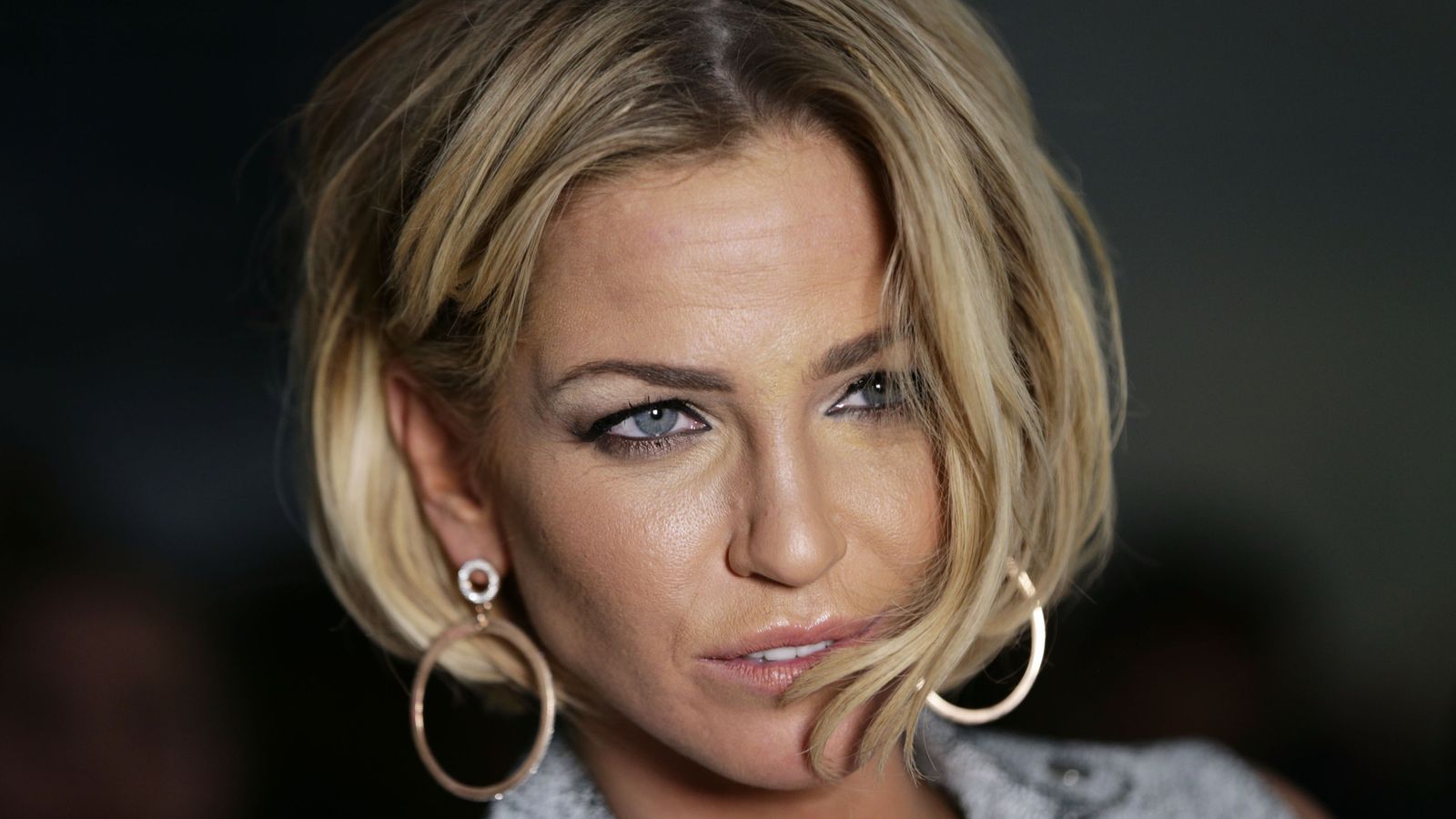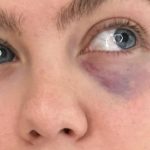Sarah Harding “fought incredibly hard over fifteen months” before she died from breast cancer – and was a “really resilient woman”, her consultant has told Sky News.
The 39-year-old popstar, who found fame with Girls Aloud, died on Sunday morning.
Dr Sacha Howell said: “It was a very, very sad day – clearly for the family and friends more so – but for myself and the team on the ward who have nursed her a good length of time. We are all extremely sad.
“Pete Waterman’s comment was right, there was an element of fragility to Sarah, but she had a real mettle to her as well. She was a really resilient woman, it is such a sad loss.”
He added: “She fought incredibly hard over 15 months. It was very, very difficult for her.”
Harding’s former bandmates led tributes to her on Sunday, with Nicola Roberts saying she was “absolutely devastated and I can’t accept that this day has come”.
Nadine Coyle posted on Instagram: “I can’t think of words that could possibly express how I feel about this girl & what she means to me!!”
Dr Howell said it was “quite unusual” for women in their 30s to develop the disease, but that “unfortunately when they do, it tends to be a bit more aggressive and that was certainly the case with Sarah”.
He encouraged women to “be aware” of what their breasts look like.
Follow the Daily podcast on Apple Podcasts, Google Podcasts, Spotify, Spreaker.
“Don’t check them every morning, that’s probably over the top,” he said.
“But once a month – after your period – check your breasts, in terms of what they look like in the mirror, what they feel like.
“And if you are concerned and think that something new has developed then report that promptly to your GP.”
Breast cancer has high survival rates in women in their 50s and 60s, but more needs to be done to identify and screen younger women most at risk for the disease, said Dr Howell.
However, he said it would “do more harm than good” to screen every woman in their 30s.
Although services had experienced “significant difficulties” during the pandemic, with some women receiving a delayed diagnosis, he said women should not hesitate to come forward now.
“The services were much harder to put in place during the pandemic, said Dr Howell.
“Now, things are up and running and people should not delay.”






















